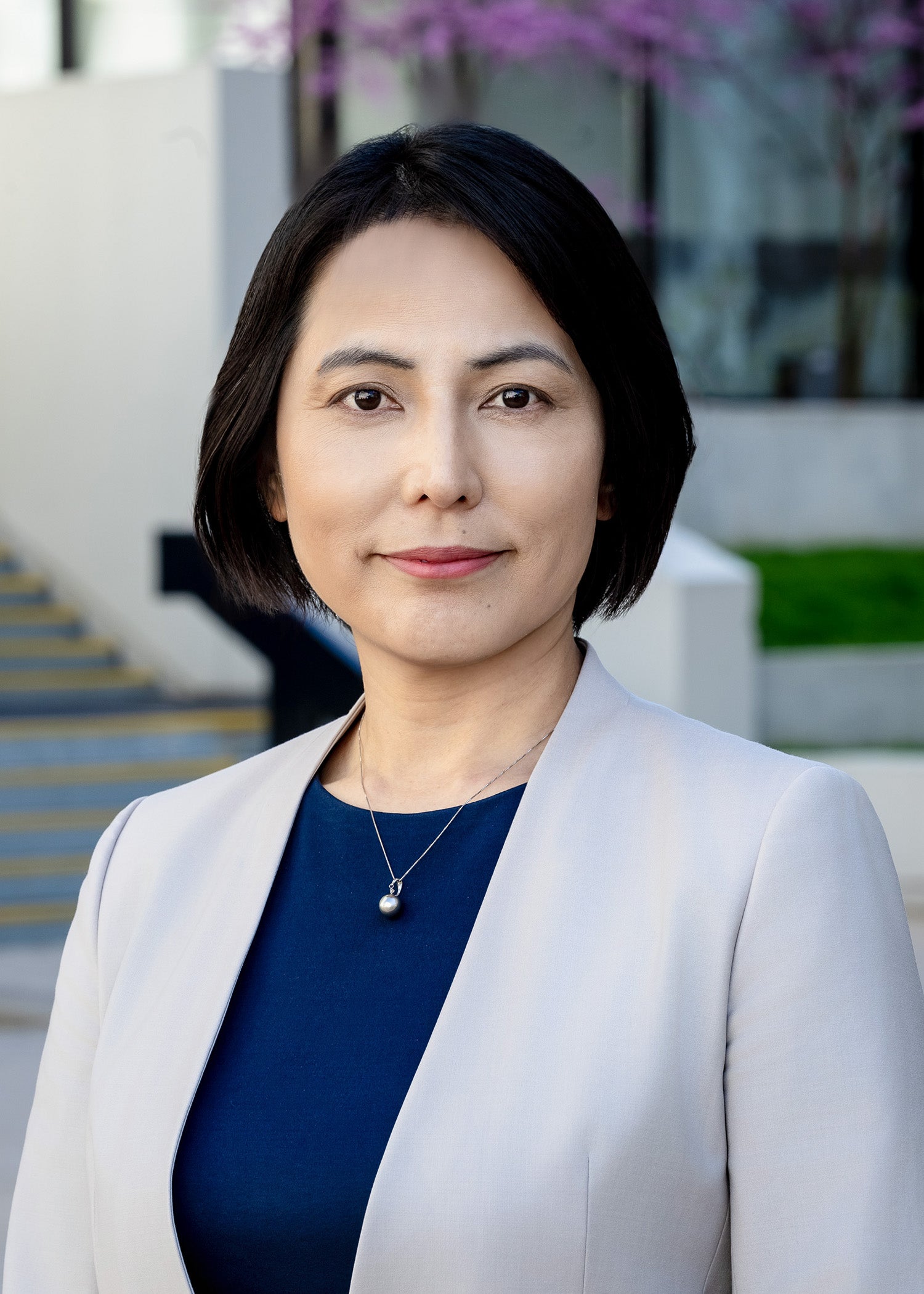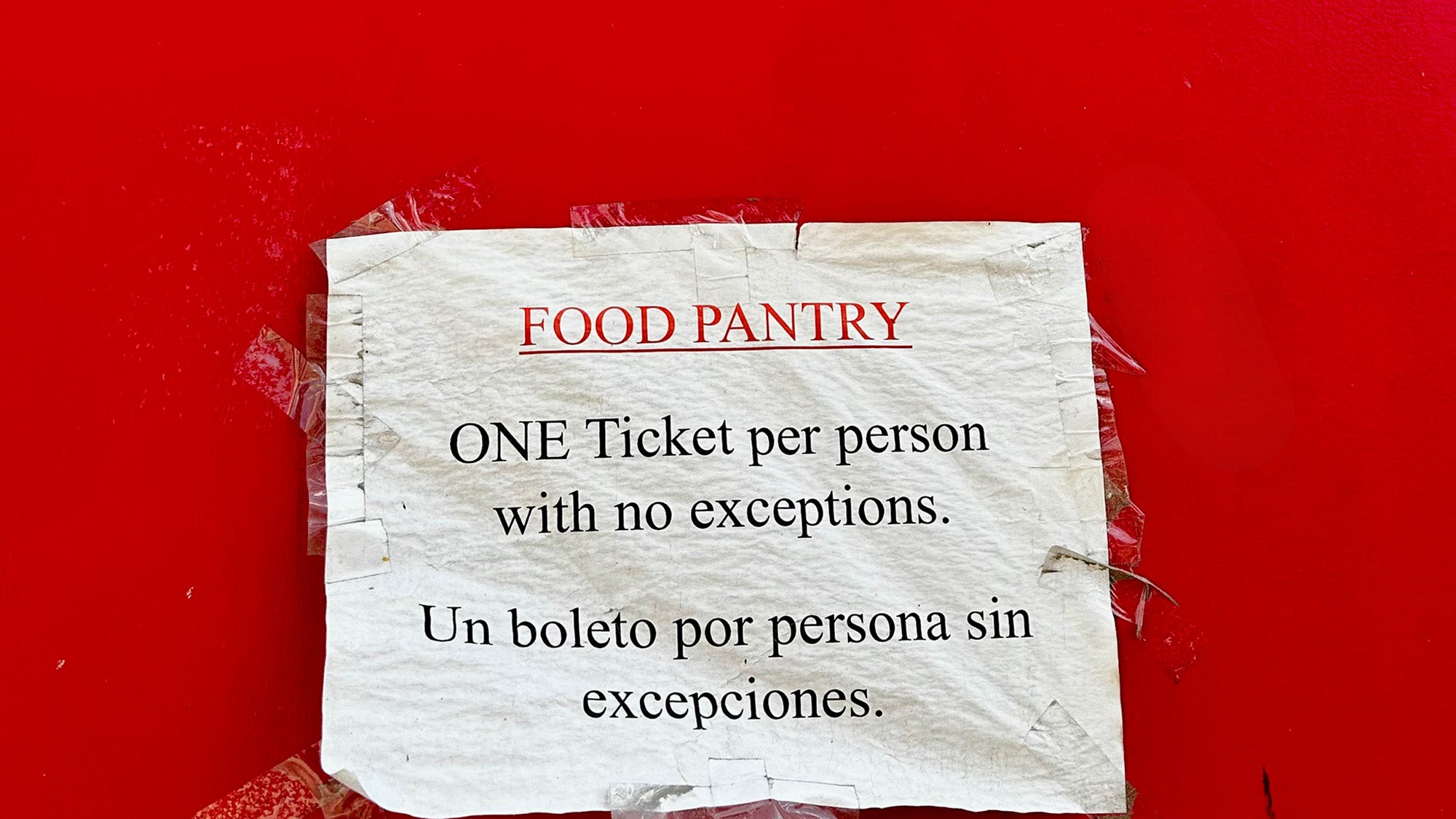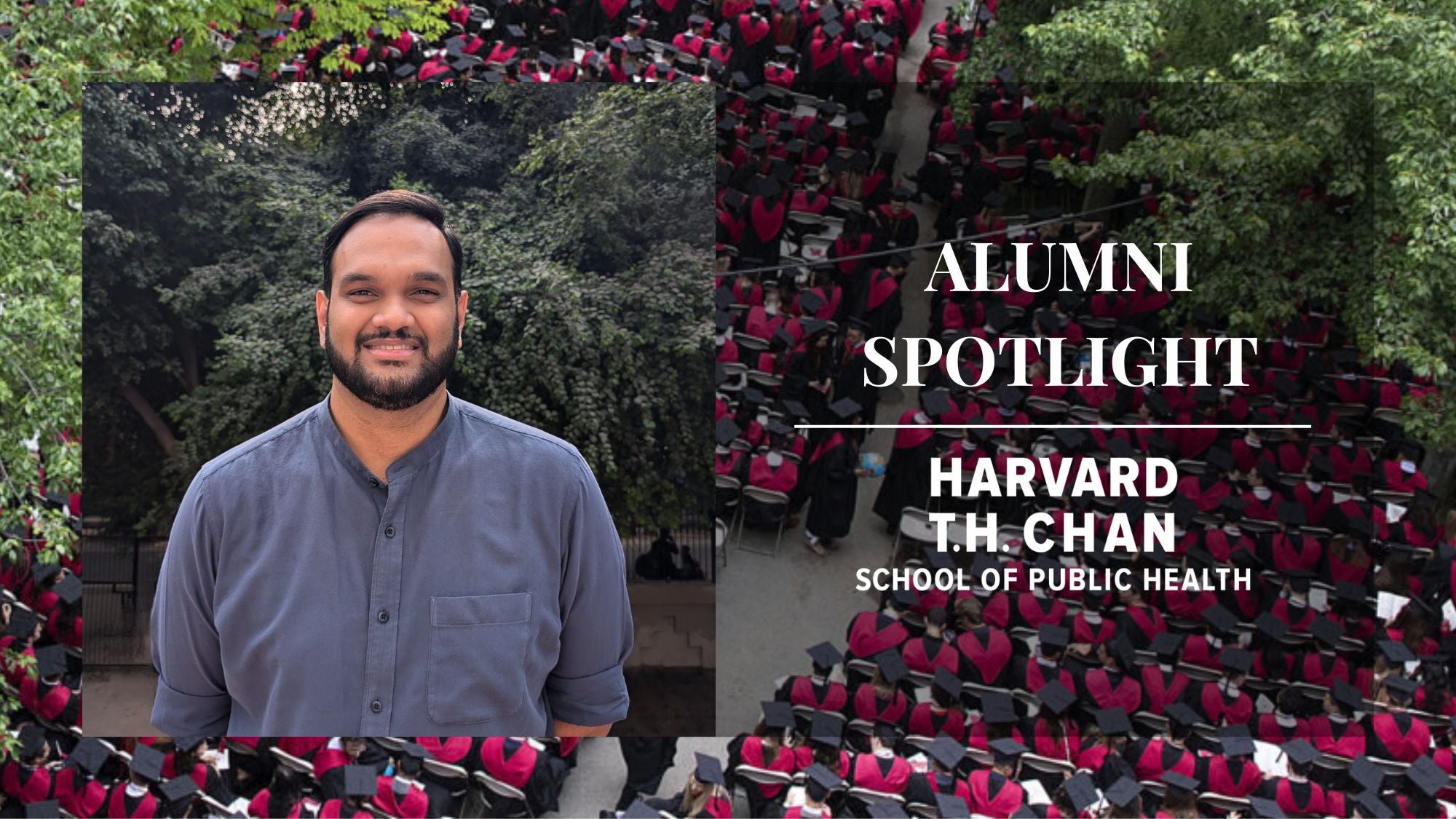Tackling health inequalities by promoting decent work for all: An interview with Dr. Mariko Inoue, Takemi Fellow 2023–2024

Mariko Inoue’s passion for the social determinants of health, particularly for workers, started more than twenty years ago while working as an assistant for the Japan International Cooperation Agency (JICA) Office of Health Policy Adviser for the Department of Health in the Philippines. At the time, she assisted JICA in a project focused on implementing UHC in this Southeast Asian country.
Initially, she had envisioned this job as part of her path toward building a career in international cooperation. However, there was a big shift in her interests: “I became very interested in how working conditions influenced the structure of social security of the nation,” she recalled. The widespread unstable unemployment in this country was a big challenge for the implementation of UHC, since the government was unable to collect enough from social security contributions. “What I found in the Philippines was also a challenge in Japan and in the rest of the world,” she reflected. For this reason, after returning to Japan, she decided to become a researcher and explore the topic of workers’ health in depth.
Examining the differential effects of work arrangements and employment status on mental health
For her Takemi project, Mariko conducted an epidemiological study of workers’ health among regular employees (workers with full-time, life-long contracts), non-regular employees (workers with part-time jobs, contract work or temporary jobs in agencies), and gig workers (crowd-work, work on demand via apps and short-term or one-time tasks) in Japan, focusing on mental health and stress levels in particular.
Her findings revealed that contrary to what she had hypothesized, gig workers were not more stressed than regular workers. However, regular workers with gig work did have the highest levels of stress, followed by non-regular workers with gig work. “From the perspective of mental health, without any support, a side job can be quite a stressful situation for the workers,” she comments. This is a policy implication she expects to highlight since there has been a rise of gig work in Japan as a result of economic downturns and the implementation of the 2018 work style reform, Hatarakikata Kaiku, which, in an effort to generate more flexibility, included deregulation that allowed for side-jobs.
From the perspective of mental health, without any support, a side job can be quite a stressful situation for the workers
Mariko also found that, among male workers, stress levels were higher among those with lower income and education levels and those employed in manufacturing and primary industries. Overall, men also have higher levels of stress than women. “In Japan, we still have gendered roles. Men usually are the breadwinners of the household, so they are pressured to earn more money from their work,” she explains. Married women who work tend to have non-regular jobs because they have their own work at home.
A life-long commitment to ensuring that no one is left behind
For the future, Mariko is determined to “continue research on the social determinants of health, especially among working populations.” She wants to contribute toward goal eight of the Sustainable Development Goals (Promote sustained, inclusive, and sustainable economic growth, full and productive employment, and decent work for all) and target 8.8 in particular: Protect labor rights and promote safe and secure working environments for all workers. For her, this target is particularly crucial for non-regular workers. This is the population she will be directing her efforts toward; “I want to focus on this population and not leave them behind in the rights of workers or human rights. I want to keep their dignity.”
Mariko is also excited about sharing her experience in the Takemi with her students. She wants to do more research in other Asian countries and other parts of the world, such as South America. “I would like to try to see how the different countries or parts of the world support occupational health for the workers, especially focusing on the informal sector.” She would like to travel and visit the real working environments of workers and is motivated to continue this research for as long as possible.


